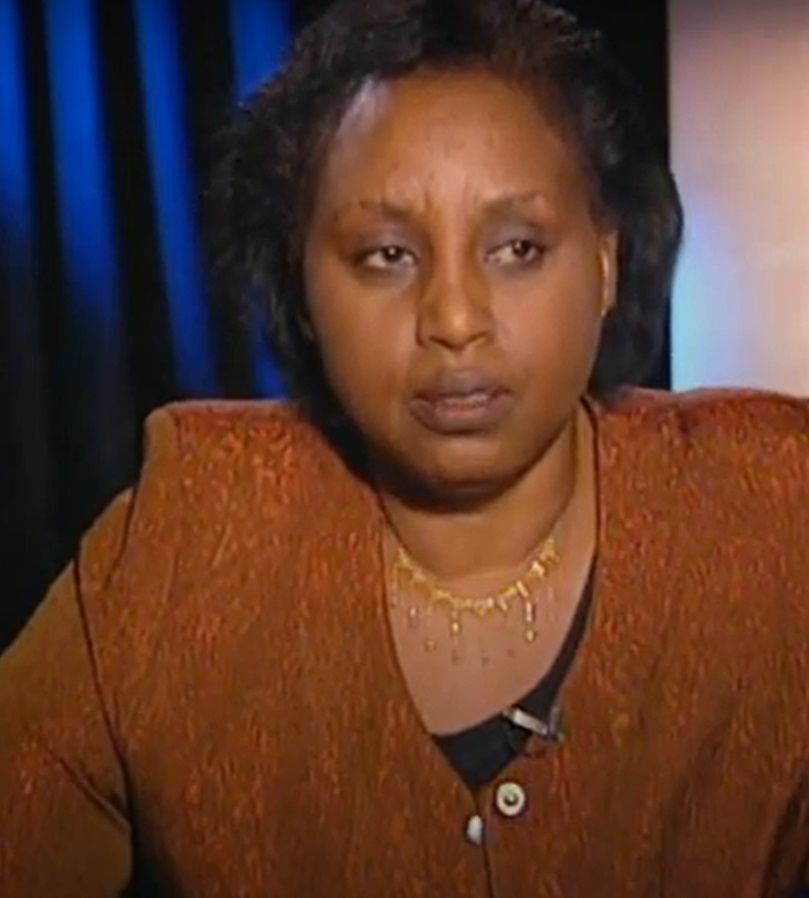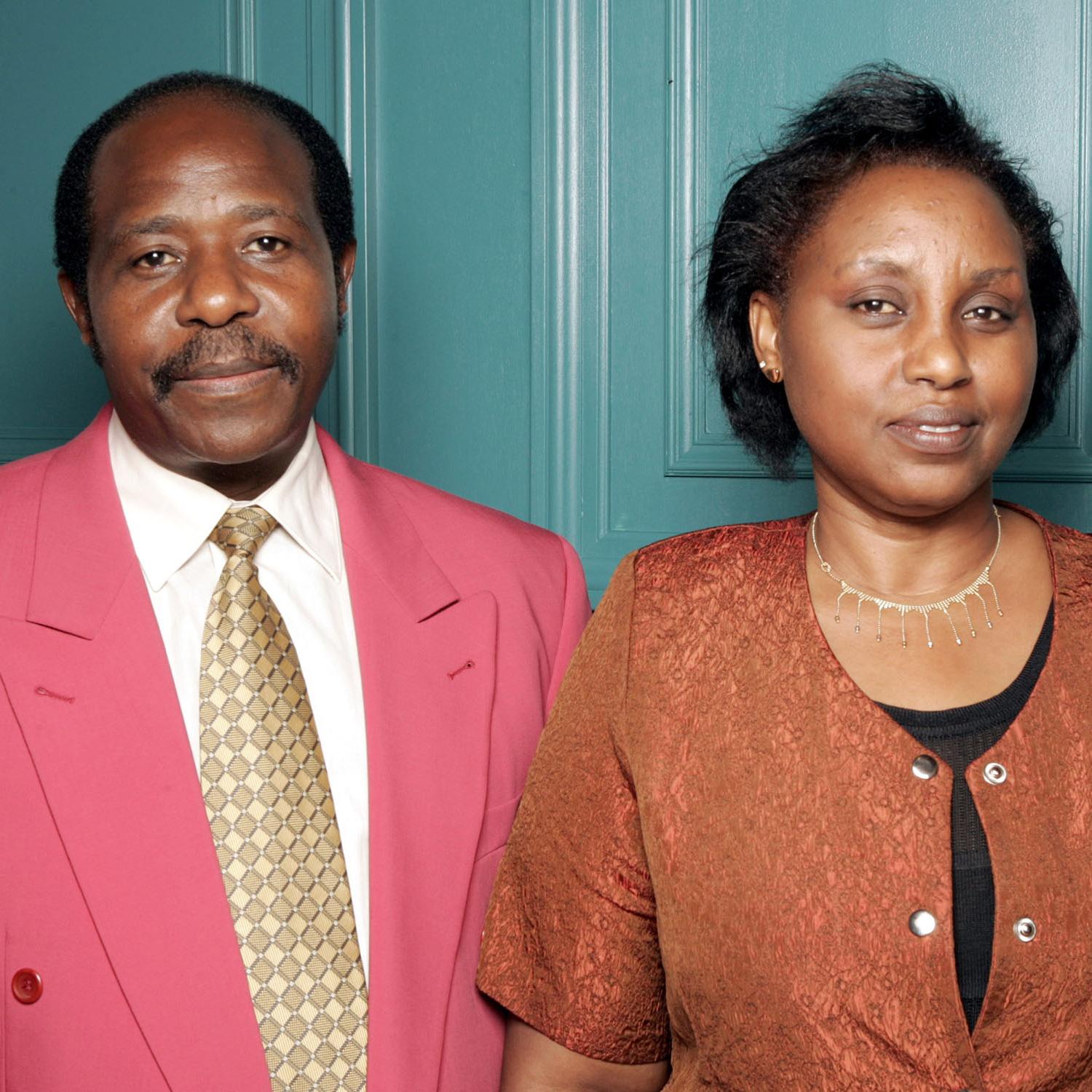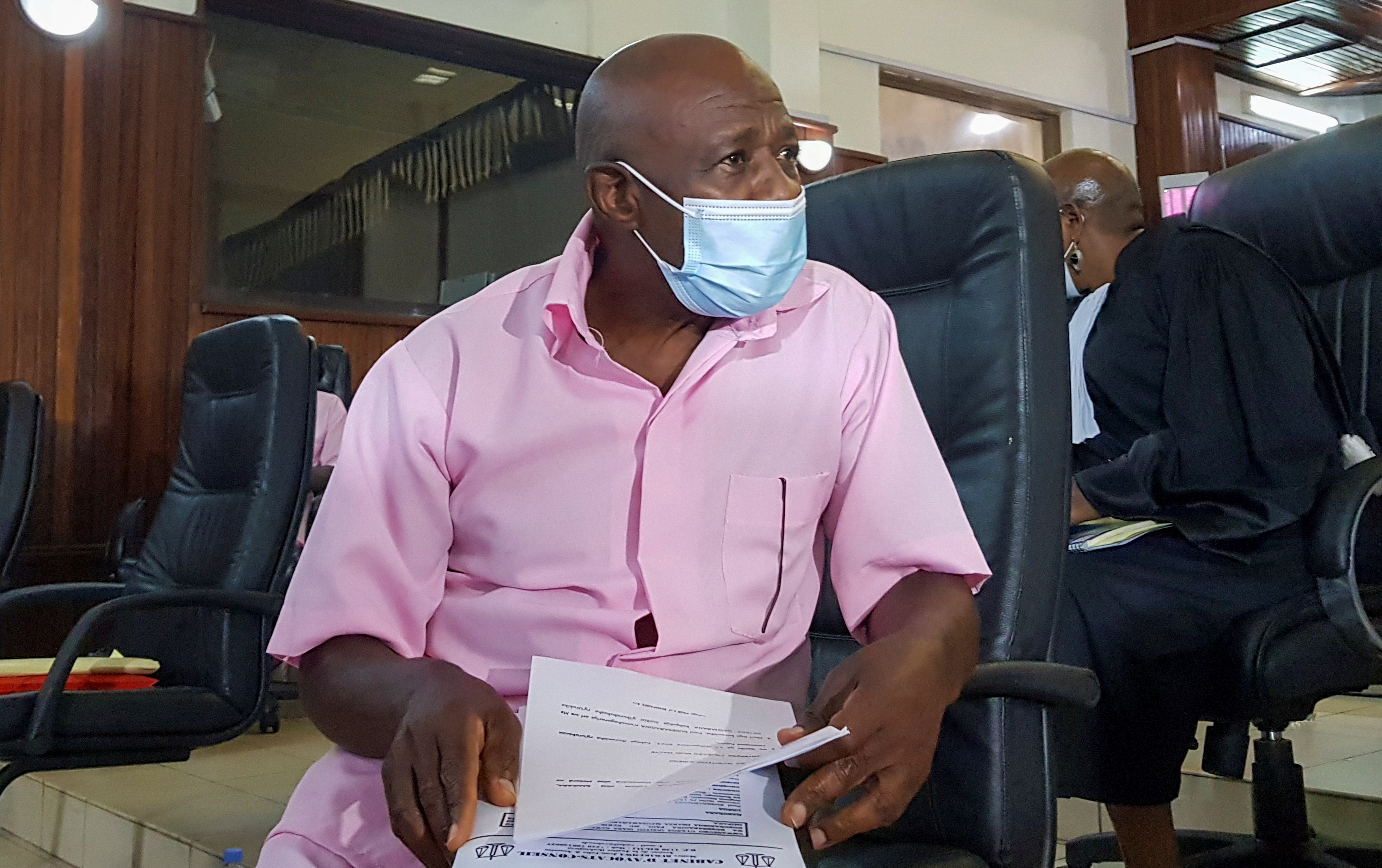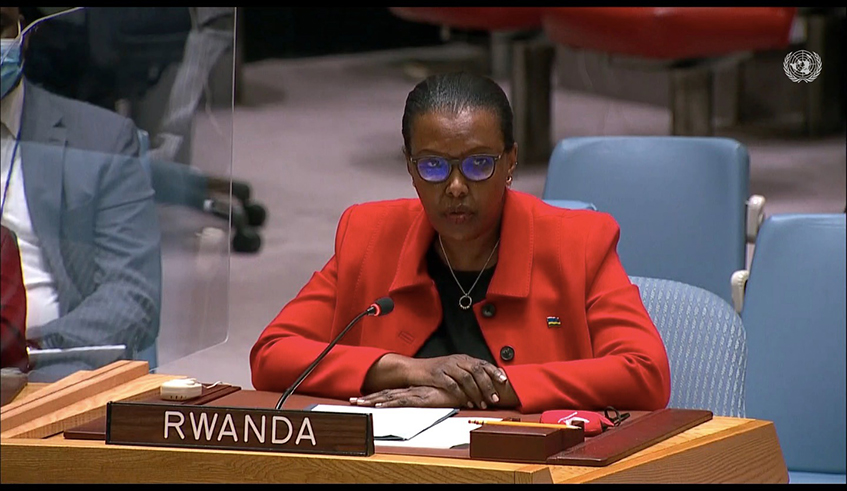International
Niger transfer of Rwandans linked to 1994 genocide proof UN system is oblivious to genocide
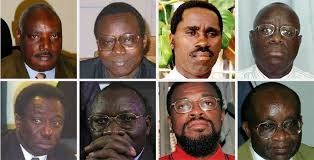
On December
27, 2021, the government of Niger notified eight Rwandans of the order of their
expulsion from its soil for "diplomatic reasons", just a month after
they were welcomed in the capital, Niamey.
The
eight are former key figures of the regime which executed the genocide against
the Tutsi in Rwanda in 1994. They were all tried by the ICTR and later
acquitted or released after serving their sentences in whole or in part.
The
Niger government's decision has been widely discussed, and the Rwandan
government has been cited in the speculations about what prompted Niger
authorities to expel those former dignitaries of the genocide regime.
Jeune
Afrique news magazine reported that, “Niger's government made the U-turn after
Rwanda expressed its displeasure about their arrival in Niamey.”
But the
elephant in the room is the UN
system which, oblivious to the consequences of the crime of genocide, doesn’t care or see the imperative of helping
genocidaires, convicted or not, who have no intention to reform.
The UN knows well that once they settle in a host country
anywhere they’ll most likely reoffend. Still, the UN Residual
Mechanism for Criminal Tribunals chose to handle them without involving or informing Rwanda, and this can
only suggest that the UN simply prioritizes their theories over Rwanda’s
efforts to heal the wounds of genocide.
Rwanda's interests in this matter are undermined by the
fact that the international community does not understand the issue of genocide
ideology and its consequences. Decision
makers at the UN court are only concerned about the rights provided in legal
texts and welfare standards of former dignitaries of the genocide regime while
the latter are allowed to use UN-provided resources to dispute the crimes they were
convicted of, or engage in subversive activities against Rwanda.
As
said by Rwanda’s representative to the UN, Amb Valentine Rugwabiza, in a UN
debate in July 2019, the Mechanism’s mismanagement of genocidaires released
many years ago after their acquittal or after serving their prison sentences, “defeats
every logic and in itself symbolizes the tragic irony of the international
justice system.”
Rugwabiza
called on the UN court to stop the continued unconditional payments of generous
living allowances to genocidaires after their release.
Continuously
gifting unrepentant former prominent figures of the genocide regime with UN
protection, privileges, and financial support, – in addition to housing and
medical care, is unbelievable.
Each
génocidaire released after acquittal
or serving their sentence, receives $350 allowance per month for food, local
transport, clothing and communications, – without anything being asked of them
in terms of repentance and reform and this makes a mockery of what justice the
UN court purports to pursue.
There
is evidence that people released by the Mechanism have actually been engaging
in subversive activities before and after their relocation in Niger. In March
2017, Tanzanian authorities intercepted near the border with Burundi one of the
ICTR convicts, Captain
Innocent Sagahutu, a former ex-FAR, who was granted an early
release in 2014 and was since living in a UN “safe” house in Arusha.
He
was stopped as he was preparing to cross the border to Burundi where the
so-called Democratic Forces for the Liberation of Rwanda (Forces démocratiques
de libération du Rwanda, FDLR) militia were known to be getting protection and
facilitation from the Burundi government to organise attacks on Rwanda. During his interrogation, Sagahutu told the Tanzanian immigration services that he had recently travelled to
Mozambique and Switzerland with travel documents delivered by the UN.
Formed
primarily by individuals responsible for the genocide against the Tutsi who
fled Rwanda in 1994 and who oppose Rwanda's current government, the FDLR has
survived mostly by preying on the Congolese population. The terrorist group
formerly known as the Army for the Liberation of Rwanda (Armée pour la
libération du Rwanda, ALIR) is active in the east of the Democratic Republic of
the Congo (DRC).
Similarly, according to a recent video clip of a meeting attended
by
Sagahutu on YouTube,
it is clear that he
started engaging in subversive activities as soon as he was relocated in Niger.
He
was heard calling to remove the Rwandan government which he accused of “terrorism”
in the Sahel region. He also stated that the genocide crimes he was convicted of “were actually committed by others
now living in Kigali”, a blatant revisionism in line with the denialist theory promoted
by Judi Rever that RPF planned the genocide, infiltrated the Interahamwe and encouraged
them to kill the Tutsi.
If
the UN system was not oblivious to the gravity and consequences of genocide, the
intent of allowances and privileges accorded to members of the genocidal regime
would be to make them liable to a share in the expiation for their wrongdoings,
rather than recidivate. It is for that reason that Rwanda’s
representative to the UN stated
that Niger will be expected, “to exercise its responsibility to ensure that
none of the persons [transferred by the UN Court] use its territory for
subversive activities that have contributed to the insecurity and instability
of the Great Lakes Region for the past decades.”
This
situation of ICTR acquitted persons and persons released after serving their
sentences makes a mockery of the victims of genocide and Rwandans’ post-genocide
reconstruction efforts.
It
means the UN finds it normal to fund key figures of the genocidal government so
they can live a life of luxury, and without a clear demand in return for them to
desist from trying to revise the genocide, refrain from contacting terrorist
groups such as FDLR or taking part in denialist platforms.


